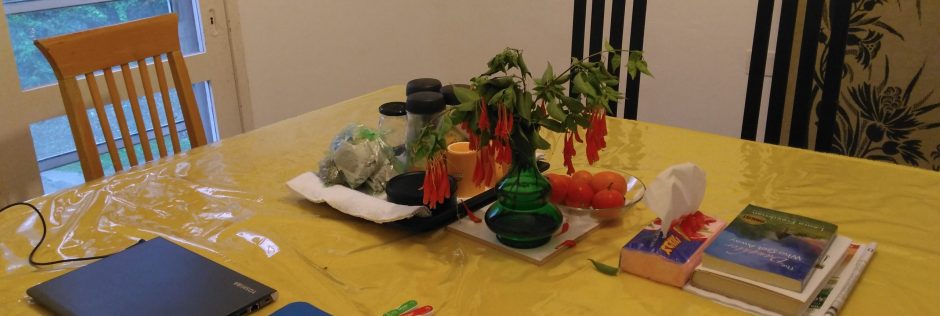 In many Jewish homes of that era, there were no pets. Animals in the home were just not the done thing in America, though ancestors in Eastern Europe had kept cows, chickens, and goats—for food, not for pleasure. In New York, Flora and Morris Feuerstein were an anomaly with their succession of German shepherds (long before this dog had Nazi associations). But they didn’t trust the German shepherds with children, so they started adopting unwanted pets brought to them by a veterinarian friend.
In many Jewish homes of that era, there were no pets. Animals in the home were just not the done thing in America, though ancestors in Eastern Europe had kept cows, chickens, and goats—for food, not for pleasure. In New York, Flora and Morris Feuerstein were an anomaly with their succession of German shepherds (long before this dog had Nazi associations). But they didn’t trust the German shepherds with children, so they started adopting unwanted pets brought to them by a veterinarian friend.
The first adopted pet was Duchess, a boxer who had been a show dog. The three Feuerstein boys bewildered her with their conflicting commands, which made her even more neurotic. Evan was disappointed that Duchess did not resemble the loyal, brave, and self-sacrificing dogs in the books he read. The next addition to the family, Peter the Siamese cat, was forbearing and a diplomat. Evan would push him under the covers at night to keep his feet warm; in the morning, Peter would still be sleeping on Evan’s feet, though on top of the covers. Peter was also a psychic: When he went to wait by the front door, Flora knew that Morris was on his way home from the dental office, riding the subway, and that he would arrive in fifteen minutes.
Evan’s favorite pet was his hamster, which lived inside his shirt, clinging to his undershirt. Once, Flora called Evan to come downstairs to meet a friend of hers. While they were talking, the hamster poked his nose out between the buttons of Evan’s shirt, and the friend shrieked. One summer, Evan’s older brother Jerry babysat two white rats belonging to his science teacher. While Jerry was away at camp the rats escaped from their cage and multiplied rapidly. All summer an extended rat family had the run of the large boys’ room with its odd nooks and its marble-lined bathroom. No one wanted to enter the room full of rats while Jerry was away; the maids just tossed in the rat food and shut the door.
When Evan grew up and made a home in the forest in British Columbia, he decided not to make pets of the deer family—a doe with two fawns–that revealed itself to him and allowed him to take photographs. He put out a salt and mineral lick to heal the mange on their coats, but he didn’t bribe them with food or pet them as many wildlife photographers do. If he approached them, they still ran. Evan felt this was the proper division of roles: the human, like Adam, the steward of the natural world, with the other creatures in their own sphere of existence. He never forgot the one time the deer broke through their sphere. Evan used to follow them at a distance far up into the mountains, but this time it was getting dark, so he turned toward home. A short while later, he was surprised to hear the rustling of the deer family behind him. Instead of continuing on their usual route, they had turned around and descended the mountain to see what was happening with him. This meant more to him than even the loyalty of pets.
Copyright © Leora Freedman 2015
***If you have something to say, or a story to share, our comments page is the place to leave it!
 Copyright secured by Digiprove © 2015 Leora Freedman
Copyright secured by Digiprove © 2015 Leora Freedman 
